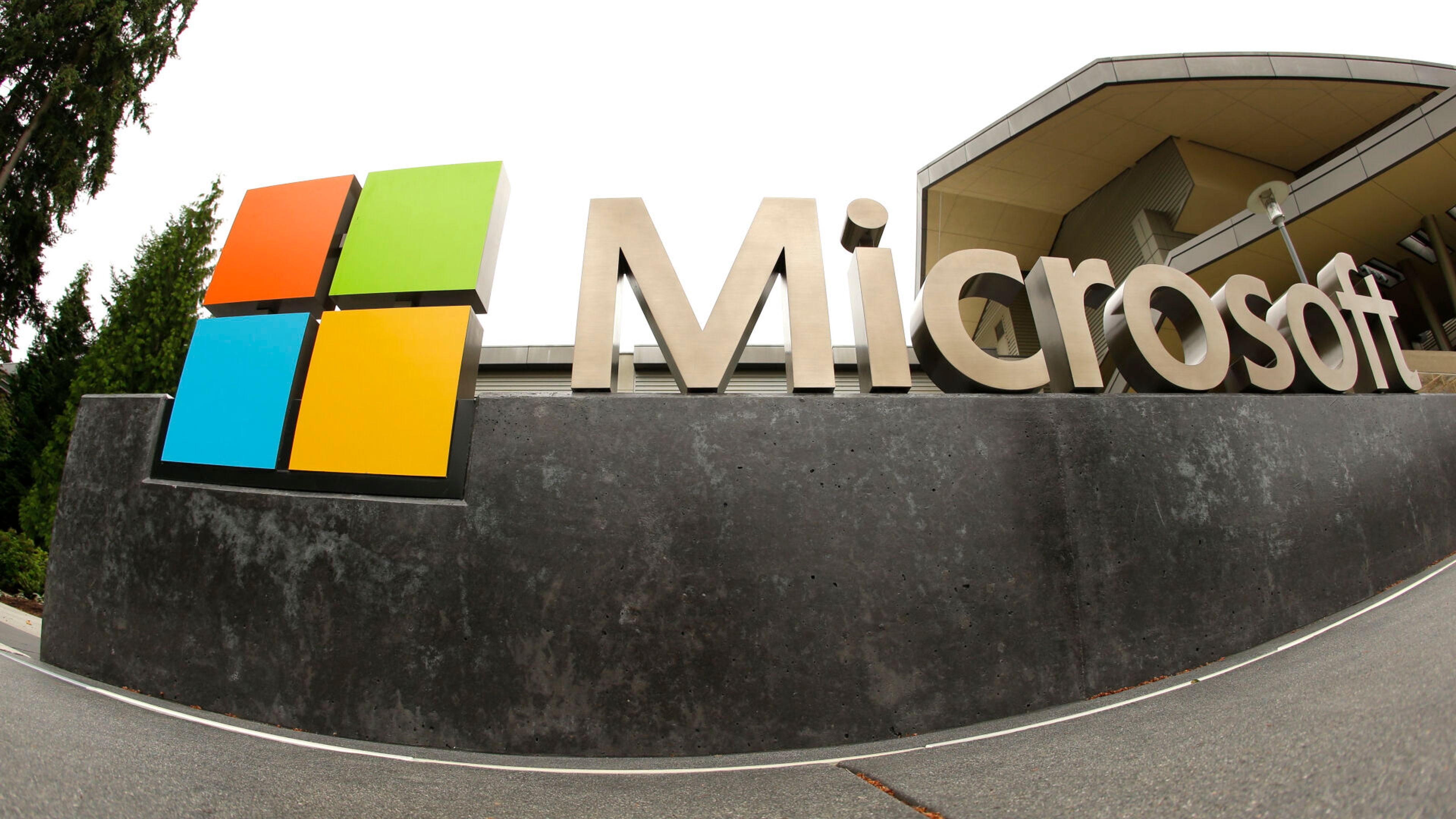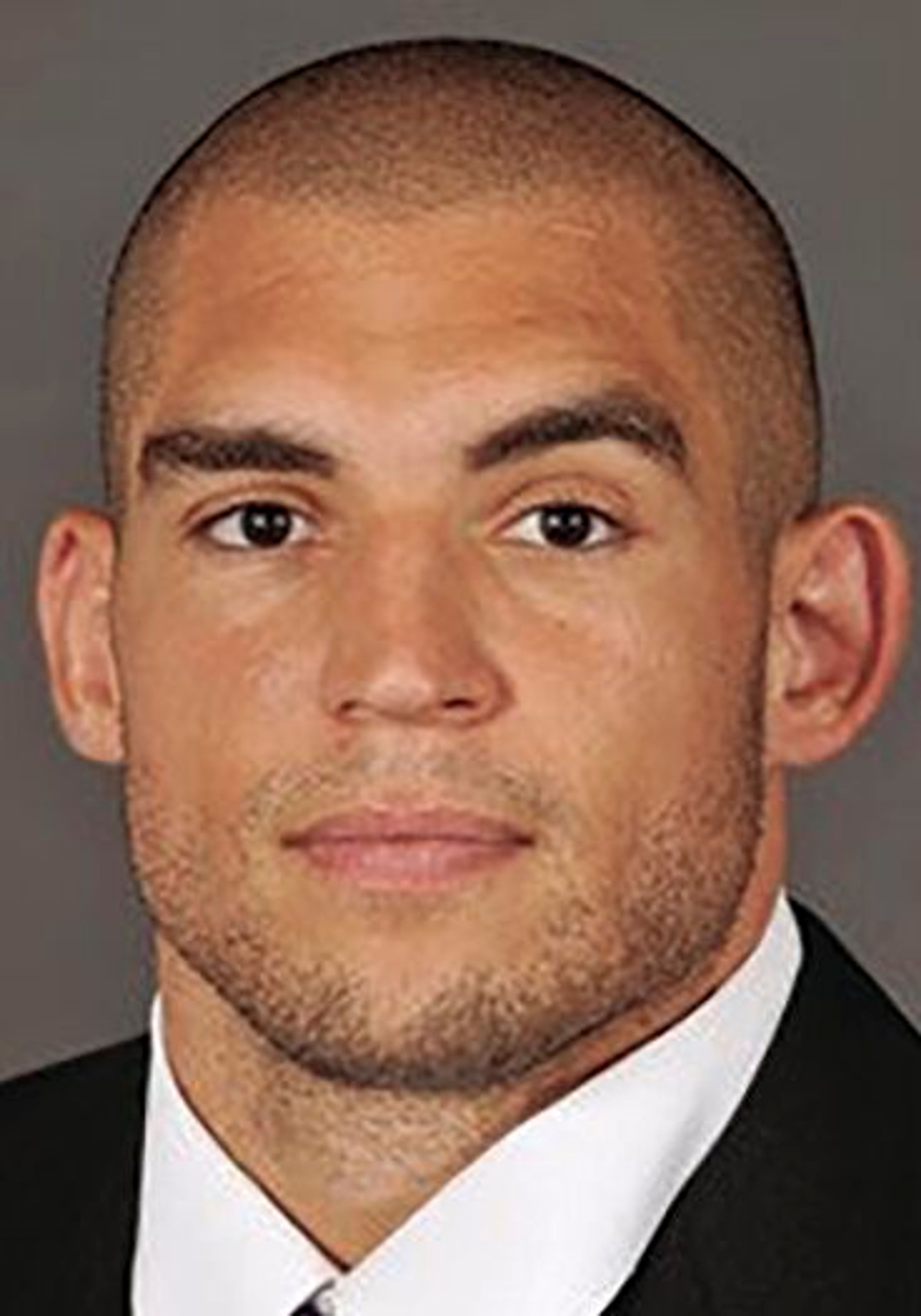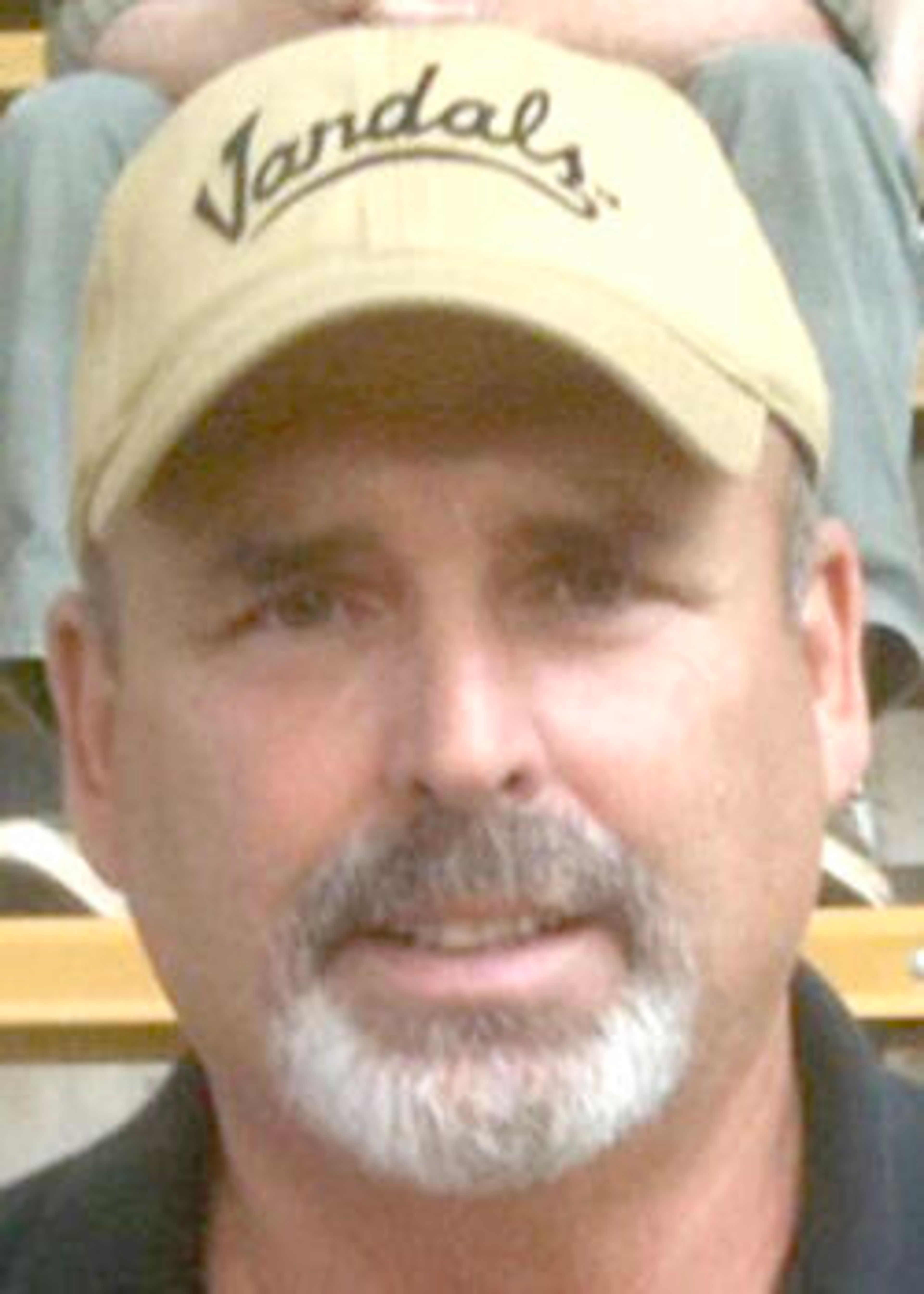Moscow teen on a cybersecurity fast track
Grant delivers speech at national conference
In a year when internet and technology have become more essential than ever, Moscow High School junior Sam Grant has become the first ever participant in a cybersecurity apprenticeship program aimed at Native youth.
Grant also is the first youth cybersecurity apprentice in the nation to participate in a program certified and managed through the U.S. Department of Labor.
Closing in on the final days of his first year in the program, Grant, 16, delivered a speech this week at a national conference centered on cybersecurity education. The conference was held virtually.
Idaho Lt. Gov. Janice McGeachin acknowledged Grant’s work in a Facebook post Tuesday.
“Congratulations to Samuel Grant, a 16-year-old attending high school in Idaho, who is one of this year’s keynote speakers at the 2020 NICE K12 Cybersecurity Education Conference,” McGeachin wrote.
NICE stands for the National Initiative for Cybersecurity Education.
Grant’s mother, Cissy Grant, said her son’s interest in computers and programming was sparked at a young age. She said that interest grew when he started playing video games, and by the time he was in middle school, Grant was able to take basic programming and computer classes.
While cybersecurity covers a broad range of topics, including networking, hardware and hacking, Grant said he’d like to work on the software side of the industry because “I like being able to troubleshoot different things and see how I can fix problems.”
“With software, you’d work with any issues that are on the computer rather than the physical parts of the computer — I find it more interesting than working with the actual components of the computer,” he said. “There’s more to do, and there’s more variety to what’s going to happen.”
Cissy said the program is offered through a company called Goldbelt Inc. — owned and run by the Native Alaskan Tlingit tribe to which Sam and his father belong. She said the company and its cybersecurity subsidiary, Peregrine Technical Solutions, created the program in the hopes of attracting more native students to cybersecurity and related fields.
She said when her son applied for the program in the summer of 2019, he was accepted but had to wait until he turned 16 before he could begin. She said the program is a multi-year apprenticeship that will conclude when he graduates high school. It includes remote college courses and projects — Grant said he’s currently building a robot as well as designing curriculum for an outreach program that would bring internet and technology education to remote Alaskan villages.
Because he’s the first youth apprentice to go through the program, Cissy said it is uncertain what sorts of options will be available to him when the program concludes at the end of his senior year. However, Grant said he would at least have the credentials to begin professional work without the need to start as an intern.
“I’m going to get a lot of the certifications that I would need to get jobs in cyber (security) fields and I’ll also end up with a secret-level security clearance,” Grant said.
He said he already earned an entry level certification for computer service technicians known as “A-Plus,” and by the time the apprenticeship is over, he will have earned the “Security-Plus,” showing he possesses core skills for a job cybersecurity as well as a low-level security clearance
“I think the hope with the apprenticeship is that he’ll end up working as a regular employee for Peregrine, so that’s definitely on the list of possibilities,” Cissy explained
The program was offered only to shareholders with Goldbelt and their children, Cissy said, and Grant’s father happens to own shares in the company. She said while Grant is the first, it’s not for want of trying — the company would be happy to accept more youth apprentices, if they would only apply.
“I think that’s part of the reason that they’re doing it is to really get to these Native American kids, get them interested in computers and technology and get more of them into this field,” She said. “So far, Sam’s been the only one that I think has made it even as far as applying for the program.”
Scott Jackson can be reached at (208) 883-4636, or by email to sjackson@dnews.com.








